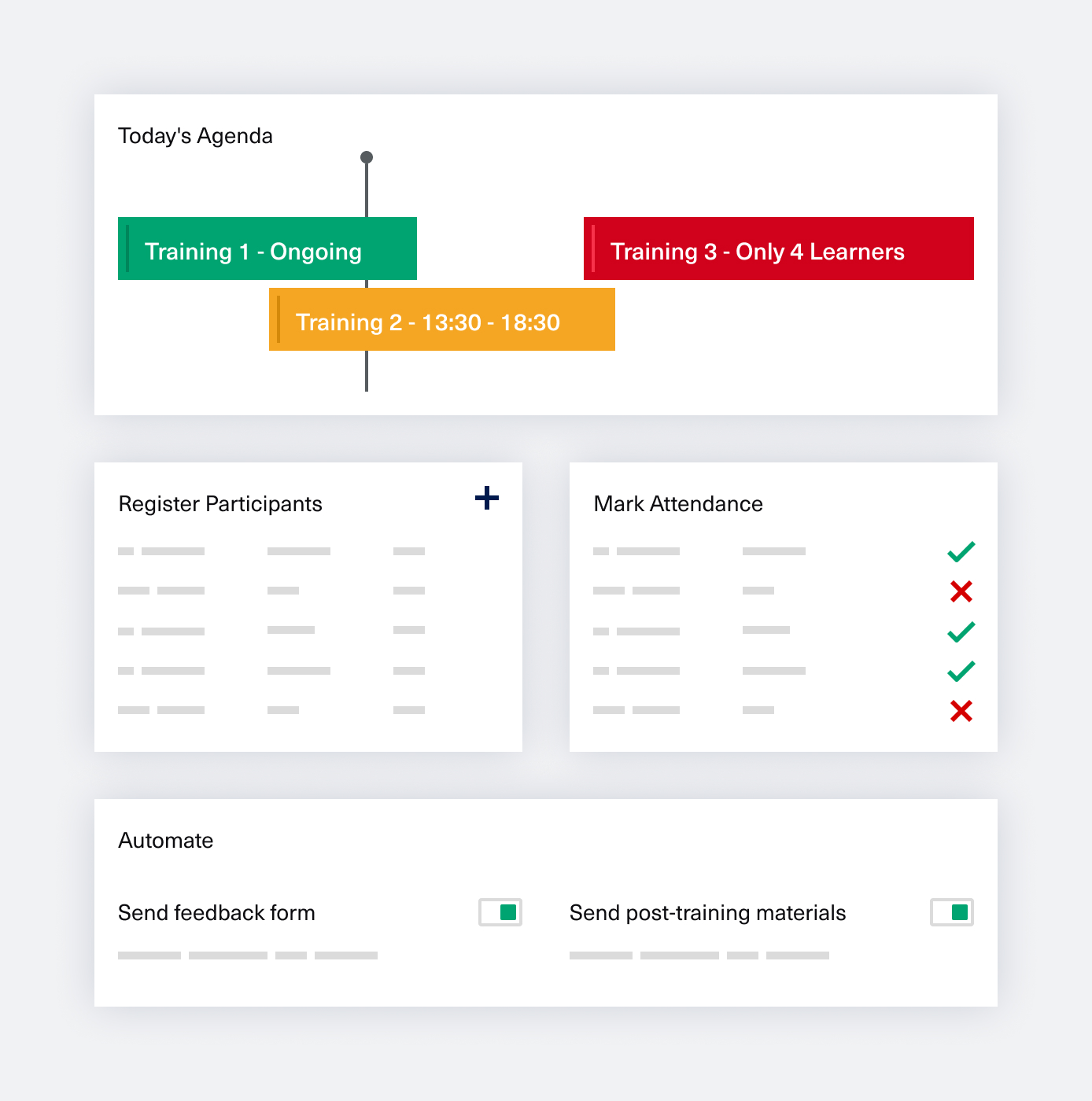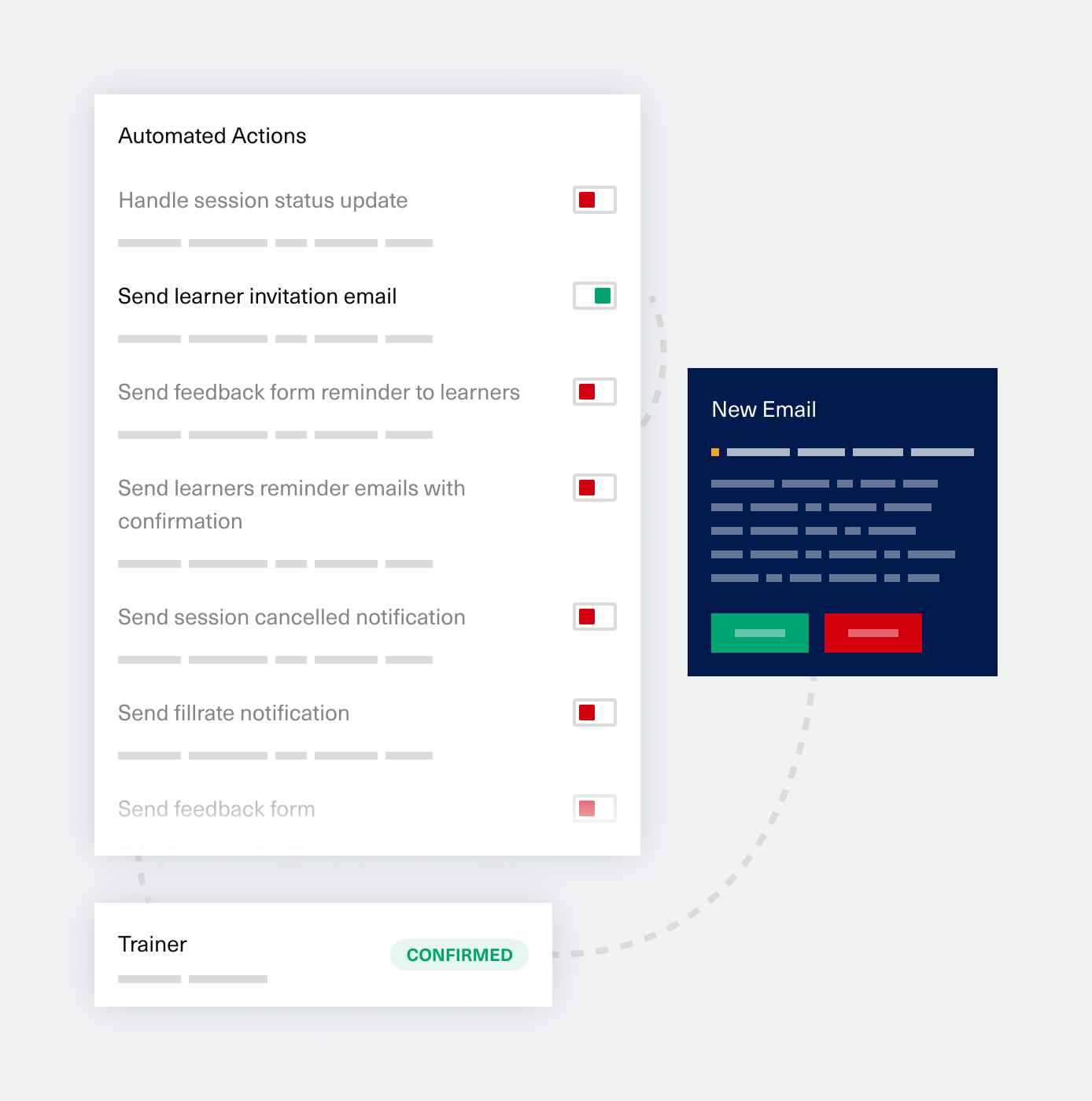Highlights:
* How leaders behave during tough conversations has a more substantial impact than CEO speeches or publicly announced company values.
* Knowing how to have a difficult conversation is a skill people can acquire through specific learning activities.
* Team trust and fostering a culture where people share feedback proactively, frequently, and respectfully are the best set-up for success and effectiveness.
* Asking questions instead of making assumptions about why someone made a mistake builds trust; this ensures that your advice will be appreciated and considered.
* Mistakes made due to lack of interest in doing a good job (for whatever reason) must be dealt with accordingly. People who consistently refuse to improve can’t be allowed to keep the same position.
* Team members giving each other feedback can use the same approach as their team leader. Asking questions to understand why a mistake occurs and then offering suggestions, ideally in private and quickly after observing the error, are effective methods to provide feedback.
* Building team trust might feel awkward at first, especially if there is no prior culture of honest feedback, but consistency is vital in creating an open feedback culture once the ice is broken.
* Advice that offers just a solution is incomplete. Complex situations also require the “how”, not just the “what”.
* Leaders are working both on the person’s motivation and skills at the same time while having a difficult conversation. Leaders mustn’t recognize just why a mistake happened but also what tools they can offer the employee to prevent the error from happening again.
* While providing feedback, the leader doesn’t just offer information on mistake prevention but also conveys the organization’s values.
* More often than not, it’s not worth investing energy in someone becoming mediocre at a skill they will never truly improve. It’s more beneficial to the organization for leaders to help improve their team members’ strong points.
How to have a difficult conversation and provide feedback:
1. ask what happened with the intent to understand why the person behaved like that
2. ask the person you are talking to why they think the mistake happened
3. recognize that there might be valid points that drove the person towards making that mistake
4. explain the correct approach if this happens in the future
5. offer specific advice and tools for how to prevent future mistakes
Mistake scenarios:
A. Mistake & Improvement
Honest mistakes made due to a lack of knowledge can happen. Leaders should observe and encourage progress.
B. Mistake & Ill Intent
When employees make mistakes due to lack of interest and show no improvement, leaders should remove them from the role and potentially the company.
C. Mistake & Lack of Improvement
In some situations, mistakes are made due to a lack of knowledge, but there is no realistic expectation that the person will improve. Leaders should either accept and compensate for this skill-set through the other team members’ profiles or move the person into a role where they will thrive.




























